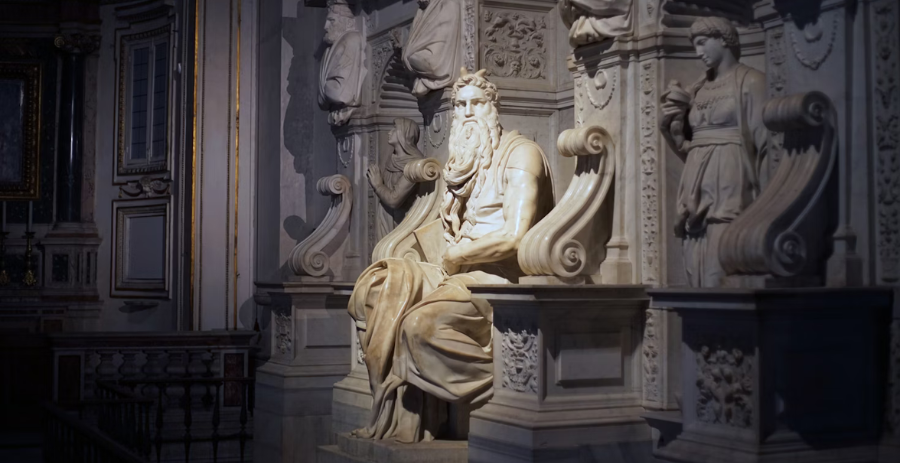Arizona Supreme Court
How My Faith Fuels a Dedication to Upholding Judicial Integrity

As the United States heads into a pivotal election season, Arizona voters face a significant decision regarding judicial governance. The political landscape has been marred by recent events, including an assassination attempt on former President Donald Trump and the sudden withdrawal of President Biden from future campaigning this past July. Amid these unfolding dramas, Arizona’s Proposition 137 emerges as a crucial issue warranting electorate attention.
Proposition 137 proposes to eliminate term limits for the state’s Supreme Court justices and Superior Court judges, allowing them to serve until the age of 70 as long as they maintain “good behavior.” This significant change would replace the current system, which requires retention elections to evaluate a judge’s performance at the end of their term. Critics assert that the measure would reduce accountability and transparency within the judiciary—elements essential for public trust.
The historical underpinnings of judicial integrity find resonance in religious teachings, particularly in the dialogue between Moses and his father-in-law Jethro, as depicted in Exodus 18. Jethro observes Moses judging alone and underscores the importance of a collaborative judicial system. His advice illustrates the need for shared authority, a principle vital for fairness and impartiality in justice.
In Jewish tradition, the establishment of courts of law stands out as a universal commandment among others, emphasizing the responsibility to uphold justice. Unlike the prohibitive nature of other commandments, this obligation represents a proactive duty each individual holds, transcending cultural and religious boundaries.
Proposition 137 raises concerns about judicial bias, as it grants lawmakers increased control over judicial evaluations. Lawyers, judges, and the public alike argue that such a shift could hinder impersonal judicial assessments, leading judges to prioritize the interests of a select few over impartial decision-making. The ethical guidelines that govern judicial conduct are fundamental for maintaining public trust in the system, which thrives on the principle of fairness as articulated in Leviticus.
Community involvement is vital in ensuring judicial accountability. Jewish teachings support the notion that judges serve not just the law but also the community’s ethical standards. By retaining term limits and regular performance evaluations, the public maintains a voice in judicial matters, essential for safeguarding justice.
Rabbi Shmuly Yanklowitz serves as the president and dean of Valley Beit Midrash in Scottsdale, bringing further attention to the importance of these issues. As voters deliberate, Proposition 137 raises fundamental questions about the future of judicial accountability in Arizona.














![Yummy Noodles, Native Grill & Wings and Subway received favorable health inspections in April. [Bryan Mordt]](https://arizonanews.org/wp-content/uploads/2025/04/Clean-Streak-Maricopa-Restaurants-Serve-a-Steady-Stream-of-Excellence-80x80.png)



